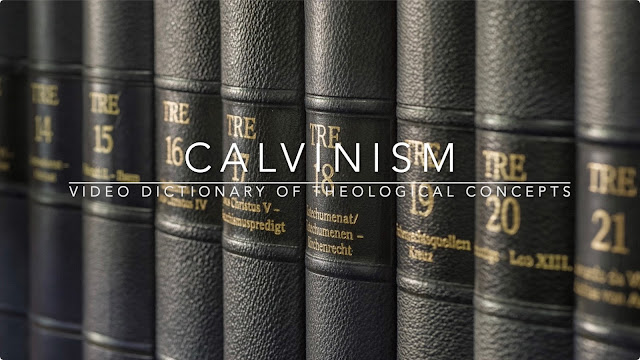Calvinism
Calvinism is a theological system and an approach to the Christian life that emphasizes the sovereignty of God, the sinfulness of humanity, and the centrality of the Bible as the supreme authority for faith and practice. It is named after the French theologian John Calvin (1509-1564), who played a prominent role in the development of the Protestant Reformation, particularly in the areas of ecclesiology and soteriology. While Calvinism is often associated with the Reformed tradition, it has also influenced various other Protestant denominations, such as Presbyterians, Congregationalists, and some Baptist churches.
The core tenets of Calvinism can be summarized by the acronym TULIP, which stands for Total Depravity, Unconditional Election, Limited Atonement, Irresistible Grace, and Perseverance of the Saints. These doctrines are derived from a close, systematic reading of the Bible, particularly the writings of the Apostle Paul, and provide a comprehensive understanding of the human condition, the nature of salvation, and the role of the church in the world.
Total Depravity: This doctrine asserts that humanity is fundamentally corrupt and sinful as a result of the Fall, the biblical event in which Adam and Eve disobeyed God and brought sin and death into the world. According to Calvinism, every person is born with a sinful nature, which affects every aspect of their being, including their intellect, emotions, and will. Consequently, human beings are incapable of pleasing God or attaining salvation through their own efforts.
Unconditional Election: Calvinism teaches that God, in His sovereign grace, has chosen to save a specific number of individuals from the mass of fallen humanity. This election is not based on any merit or condition in the person, but solely on God's sovereign will and purpose. Those who are elected to salvation are referred to as the "elect" or the "chosen," while those who are not elected are considered "reprobate." Unconditional election highlights the radical nature of God's grace, which is given freely and undeservedly to those whom He has chosen.
Limited Atonement: This doctrine asserts that the atoning work of Jesus Christ on the cross was intended specifically for the elect, rather than for all people universally. According to Calvinism, Christ's death effectively secured the salvation of those whom God has chosen, guaranteeing their redemption, forgiveness, and eternal life. While the atonement is sufficient to save all people, it is only efficient for the elect, as it is only applied to them through faith. Limited atonement emphasizes the particularity of God's saving work and the exclusivity of the Christian gospel.
Irresistible Grace: Calvinism teaches that the Holy Spirit works in the hearts and minds of the elect, enabling them to respond to the gospel in faith and repentance. This work of grace is irresistible, meaning that those whom God has chosen will inevitably come to faith and be saved. While human beings have the ability to resist God's grace in a general sense, they cannot ultimately thwart His purpose to save the elect. Irresistible grace underscores the power and efficacy of God's saving work, which cannot be frustrated by human resistance or unbelief.
Perseverance of the Saints: This doctrine maintains that those who are truly saved will persevere in faith and holiness until the end of their lives, as God preserves them in a state of grace. According to Calvinism, the elect cannot lose their salvation or fall away from the faith, as God's grace is sufficient to sustain them through trials, temptations, and periods of doubt. Perseverance of the saints provides assurance and comfort to believers, who can trust that God will complete the work He has begun in them and bring them safely to their heavenly inheritance.
With the biblical background of limited atonement, Calvin seems to have been directly influenced by the case of King Saul or Judas Iscariot. When we relate his limited atonement to double predestination, the question arises: can God's irresistible grace be limited?
In addition to these soteriological doctrines, Calvinism also emphasizes the importance of the covenant, the concept of God's relationship with His people through a series of mutually binding agreements. This covenantal framework informs the Calvinist understanding of Scripture, the sacraments, and the church, as well as the broader themes of creation, redemption, and eschatology.
Throughout its history, Calvinism has been the subject of controversy and debate, both within and outside the Reformed tradition. Critics have accused Calvinism of promoting a deterministic view of human history, undermining human freedom and responsibility, and fostering a sense of elitism and exclusivism among its adherents. However, proponents of Calvinism argue that its doctrines are rooted in the biblical witness and reflect the central themes of the Christian faith, such as God's sovereignty, human sinfulness, and the necessity of divine grace.
In conclusion, Calvinism is a rich and complex theological system that seeks to provide a comprehensive understanding of the Christian faith based on the teachings of Scripture. Its core doctrines have been subject of ongoing debate and discussion.
